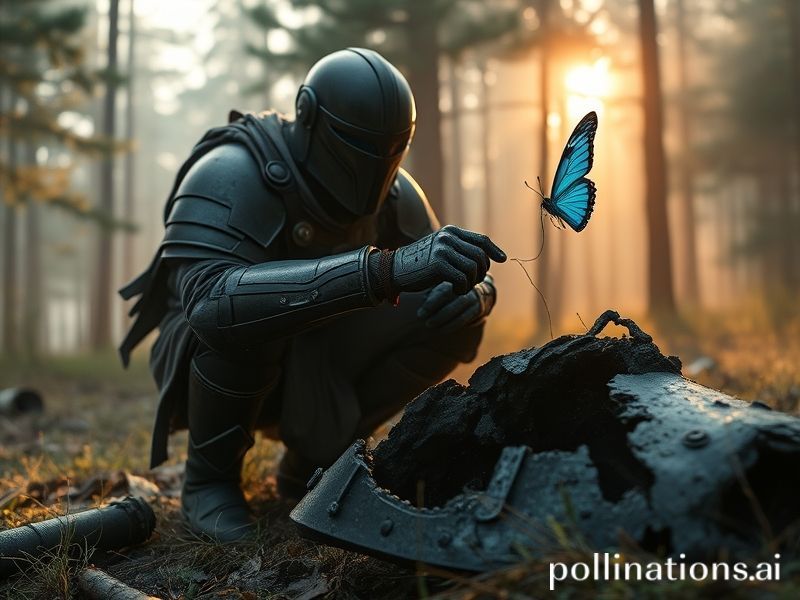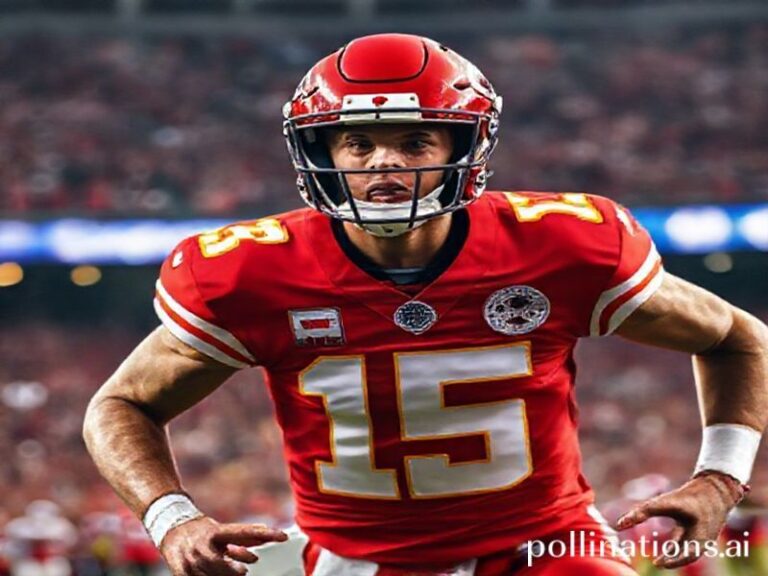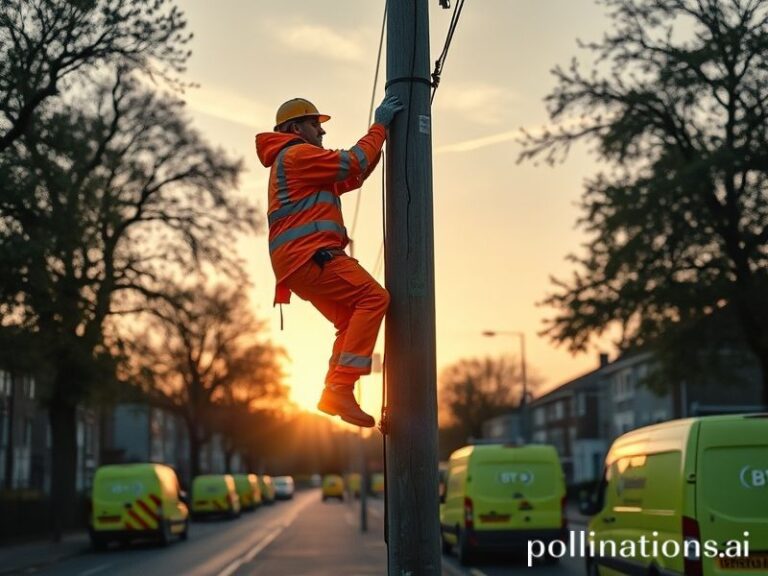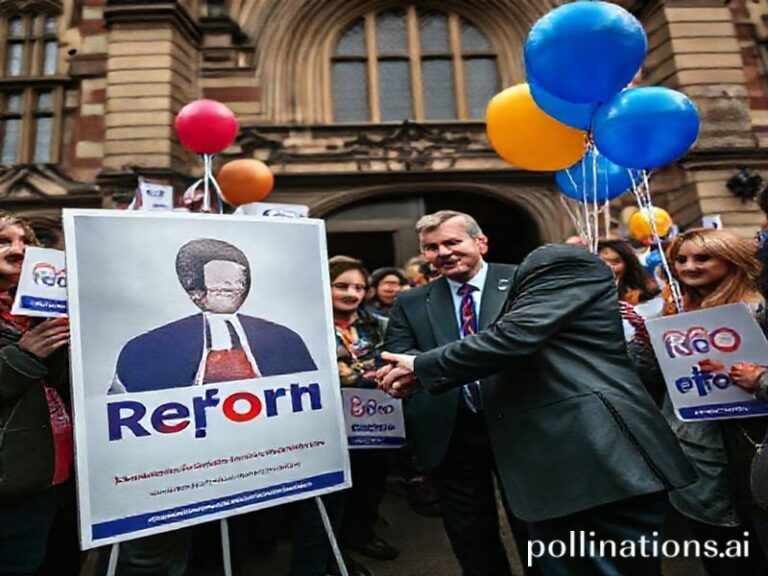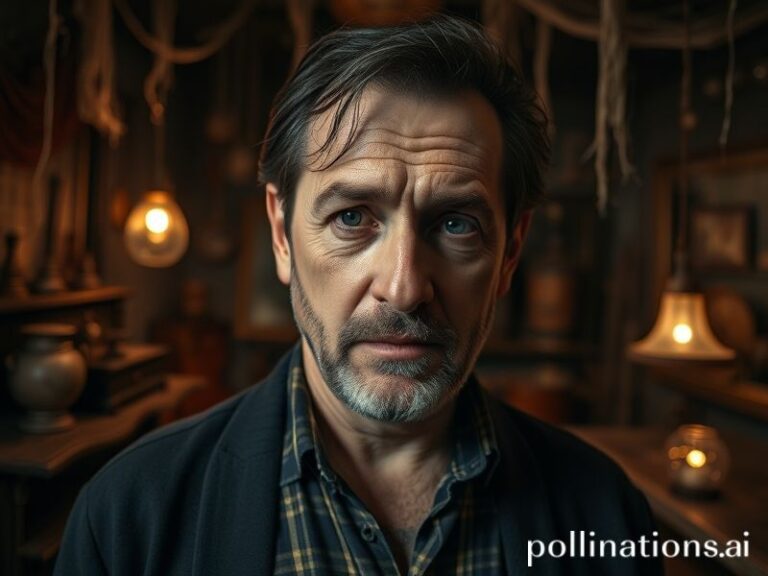Mandalorian & Grogu: How a Space Dad and His Green Sidekick Became Planet Earth’s Shared Security Blanket
The Galactic Diaspora Has a New Face, and It’s Wearing a Bucket
By the time the helmet finally came off—metaphorically, of course, because nobody in their right mind removes beskar for optics—Mandalorian and Grogu had already circumnavigated the planet more thoroughly than most passports. From Tokyo’s Shibuya Crossing to São Paulo’s Avenida Paulista, the pair have been spotted on murals, on bootleg T-shirts stitched in Dhaka back-alleys, and in the form of a giant inflatable currently menacing motorists on a Tehran overpass. UNESCO, ever eager to slap a heritage label on anything that moves, is reportedly weighing whether the duo constitute “intangible cultural property,” a bureaucratic euphemism for “stuff the world has decided to monetize before it finishes crying.”
The global embrace of an armored bounty hunter and his green, speech-capable appetizer says less about Star Wars and more about our dismal talent for outsourcing hope. When your own governments are busy weaponizing nostalgia for national elections, why not import a fresher vintage from a galaxy far, far away? The Mandalorian’s creed—spoken in subtitles, memes, and dubstep remixes—travels visa-free. It’s a creed that boils down to “protect the kid, get paid, try not to think about the body count,” a mission statement eerily similar to every private military contractor PowerPoint you’ve never been invited to read.
In France, Le Monde ran a think piece arguing Grogu’s ears are a subtle critique of American cultural overreach (because if there’s one thing Paris loves more than wine, it’s finding American metaphors in puppetry). Meanwhile, the Chinese social platform Weibo censors any post comparing the Child’s dietary habits to pangolin cuisine, a comparison the algorithm deems “socially destabilizing.” The irony—of a regime policing memes while harvesting biometric data on an industrial scale—would be delicious if it weren’t also the daily special everywhere else.
Economically, the phenomenon is a case study in soft-power arbitrage. Disney+ launched in India during the pandemic’s oxygen-tank phase, timed perfectly for a population desperate for anything that wasn’t the news. Analysts at Mumbai’s HDFC Bank estimate Mandalorian-themed merchandise now accounts for 3.7% of all black-market toy sales between Chennai and Colombo, right between knockoff F-35s and the perennial favorite, adulterated cough syrup. Somewhere in Geneva, a WTO delegate is drafting a footnote about “laser-sword-based trade imbalances” and wondering if Brussels will let him expense the Baby Yoda plushie on his per diem.
Culturally, the pairing has become a Rorschach test for whatever ails you. South Korean teens see in Grogu the lonely only-child syndrome turbocharged by gig-economy parents. Brazilian favela artists stencil Din Djarin’s silhouette next to Marielle Franco, a juxtaposition that would baffle both George Lucas and the armored ghost of Boba Fett, yet somehow makes perfect street sense. In Kyiv, a volunteer battalion adopted the Mudhorn signet as an unofficial patch; the fact that the beast resembles a hallucinating warthog is, presumably, the point.
Even the United Nations has waded in—because nothing screams institutional relevance like cosplay. UNICEF’s latest fundraising spot features Grogu sipping broth beside a malnourished Yemeni child, the implication being that if we can CGI a galaxy, we can probably CGI a ceasefire. Donations spiked 14%, proving that guilt, like thermal detonators, is more effective when it’s cute.
And yet, for all the merchandising empires and geopolitical metaphors, the story distills to something almost insultingly simple: a man, a mask, and a foundling trying to outrun the past without a forwarding address. In an era when every border hardens and every algorithm learns your fears before you do, there is something perversely comforting in watching a helmeted foster dad blast his way through red tape that isn’t even his own. If the planet is going to burn, at least we get to roast marshmallows over a jetpack flame.
Conclusion? The Mandalorian and Grogu have done what climate accords, trade deals, and every TED Talk since 2009 have not: provided a common narrative that fits neatly on a tote bag. It’s not peace on Earth, but it is a shared screen saver—temporary, battery-draining, and already queued for the next reboot. In other words, the most honest kind of unity we can still afford.

